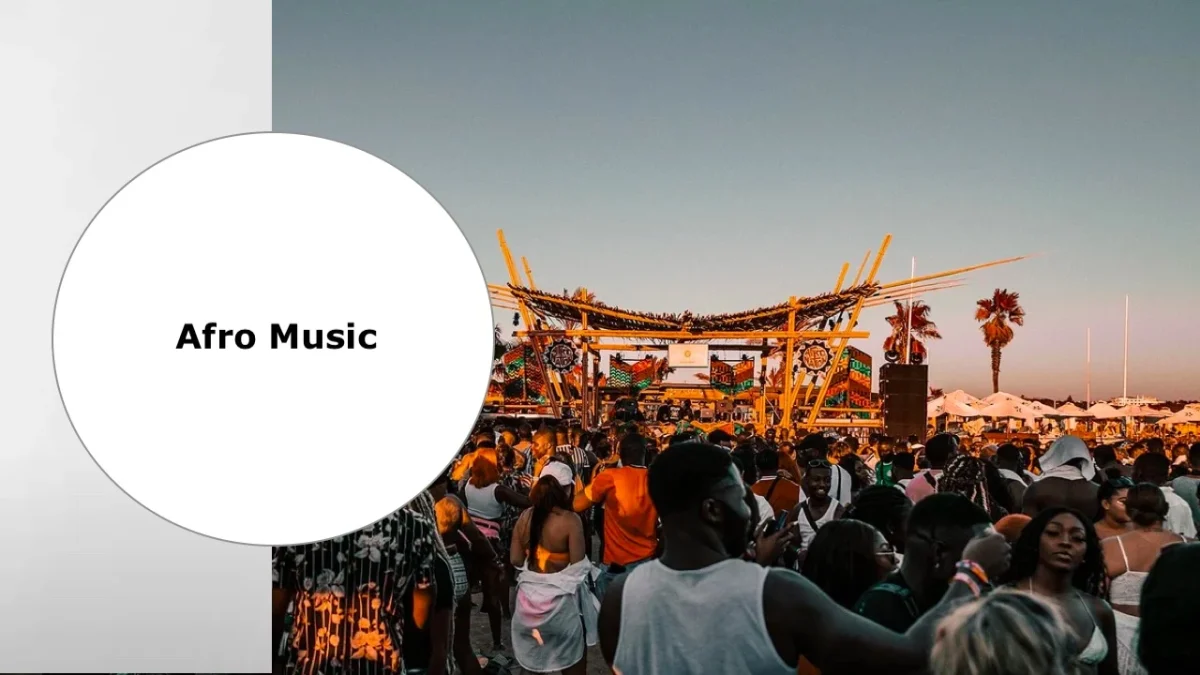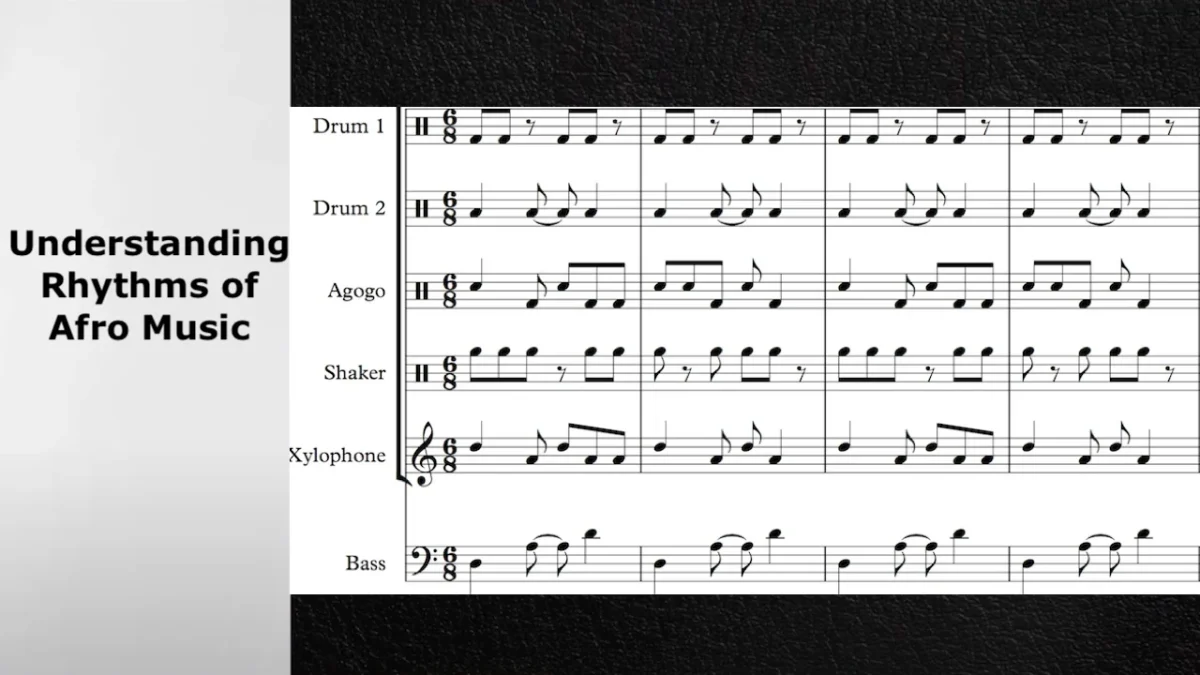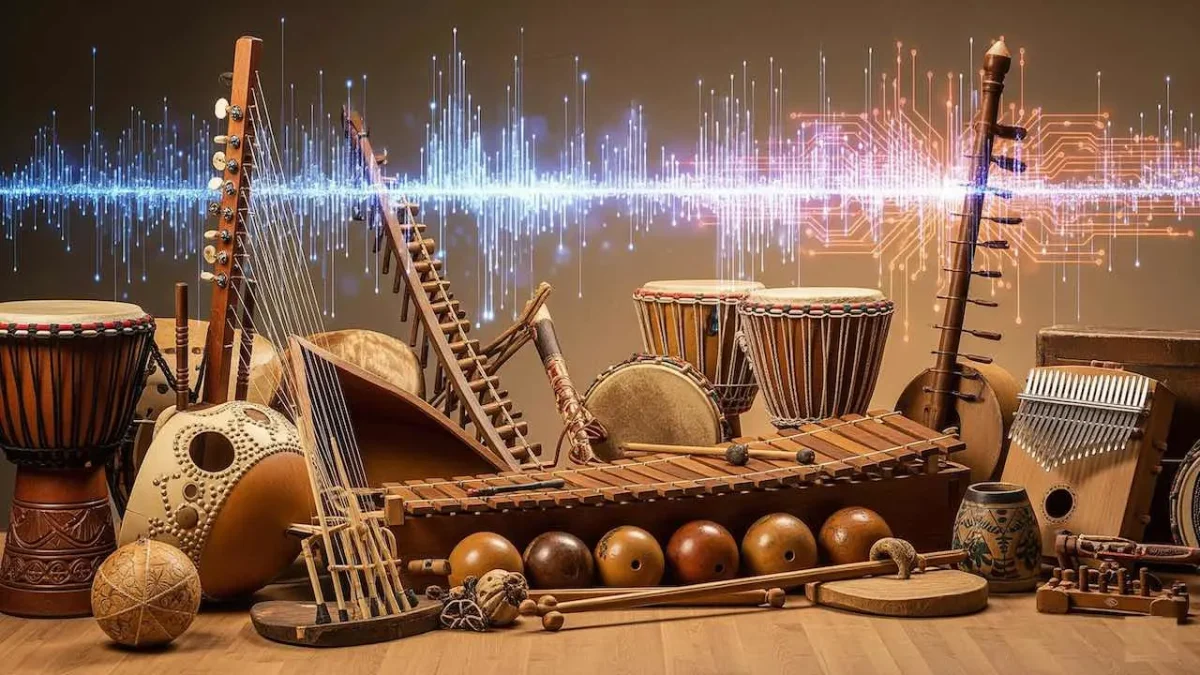
Afro Music Festivals: A Cultural Celebration and Global Stage
Afro Music Festivals celebrate African musical heritage through live performances, cultural exhibitions, and community gatherings across the continent and diaspora. These festivals showcase genres like Afrobeats, highlife, jazz, and traditional rhythms while supporting local artists and preserving cultural identity.
What Are Afro Music Festivals
Afro Music Festivals are cultural celebrations that highlight African musical traditions and contemporary sounds. These celebrations unite communities in a dazzling display of music, dance, art, and spirituality, offering unforgettable experiences for both locals and visitors. The events range from intimate local gatherings to massive international productions featuring global superstars.
African artists like Burna Boy, Wizkid, and Davido regularly headline major festivals worldwide. Local musicians also gain platforms to share their authentic sounds with diverse audiences. The festivals create economic opportunities for communities while preserving musical heritage.
Major Afro Music Festivals Worldwide
Several prominent festivals dominate the Afro music landscape each year. Each event offers unique experiences tailored to different musical tastes and cultural preferences.
Afro Nation Portugal
Gearing up for its fifth anniversary, AfroNation will be continuing its legacy as a defining force in the global rise of African music culture at Praia da Rocha in Portimão, Portugal, from July 9-11. The festival attracts artists and fans from around the globe. Major headliners include both African and international performers who celebrate Afrobeats culture.
Afrofuture Fest Ghana
AFROFUTURE FEST is a festival designed to highlight & elevate thrilling and thriving millennial talent from and within Africa. An Afrofuture Fest (formerly Afrochella) mixes rich African heritage with electrifying entertainment filled with art installations, live music, and a journey through Ghana’s profound historical sites. The festival runs from December 27 to January 3, creating a unique year-end celebration.
World Afrika Festival Ethiopia
Chxrry, the first female artist signed to The Weeknd’s XO record label, performed in her Ethiopian motherland for the first time in January during the World Afrika Festival. This festival provides homecoming opportunities for African artists living abroad. The event celebrates Ethiopian culture while featuring international African music acts.
| Festival Name | Location | Duration | Key Features |
|---|---|---|---|
| Afro Nation | Portugal | 3 days | Beach setting, global artists |
| Afrofuture Fest | Ghana | 8 days | Art installations, cultural tours |
| Saint-Louis Jazz Festival | Senegal | Multiple days | Jazz focus, world-class performers |
| PANAFEST | Ghana | July-August | Pan-African culture celebration |
Types of African Music Featured
Afro Music Festivals showcase diverse musical genres that represent Africa’s rich sonic landscape. Traditional and modern styles blend to create unique festival experiences.
Afrobeats and Contemporary Sounds
Modern Afrobeats dominates many festival lineups with artists such as Davido, Burna Boy, and Wizkid. The genre combines traditional African rhythms with modern production techniques. Electronic elements and global influences create danceable tracks that appeal to international audiences.
Traditional African Music
Traditional genres like highlife, soukous, and mbaqanga preserve cultural heritage through festival performances. Drum circles, vocal harmonies, and indigenous instruments connect audiences to ancestral sounds. Master musicians pass knowledge to younger generations during these events.
Jazz and Fusion Styles
The Saint-Louis Jazz Festival is one of Africa’s most iconic music events, attracting world-class performers while embracing Senegal’s rich Afro-jazz heritage. Jazz festivals blend African rhythms with improvisation and sophisticated harmonies. Artists experiment with fusion styles that incorporate elements from multiple musical traditions.
Festival Locations Across Africa
African music festivals occur throughout the continent, with each region offering distinct cultural experiences. Popular destinations include Ghana, Nigeria, South Africa, and Senegal.
West African Festival Hubs
Ghana hosts multiple major events including PANAFEST and Afrofuture Fest. Ghana’s PANAFEST a celebration of Pan-African culture attracts visitors during July and August. Nigeria produces many festival headliners who perform at events worldwide.
Southern African Music Events
South Africa features events like Ultra South Africa and the Cape Town International Jazz Festival. The country’s diverse musical heritage includes genres such as kwaito, amapiano, and traditional Zulu music. Music venues in Johannesburg and Cape Town host regular festivals throughout the year.
Northern African Celebrations
Morocco’s Fes Sacred Music Festival which highlights spiritual music traditions represents North African festival culture. The region combines Arabic, Berber, and African musical elements. Festivals often feature Gnawa music and other indigenous styles.
| Region | Countries | Festival Types | Best Months |
|---|---|---|---|
| West Africa | Ghana, Nigeria, Senegal | Afrobeats, traditional | July-December |
| Southern Africa | South Africa, Zimbabwe | Jazz, electronic, amapiano | March-October |
| East Africa | Ethiopia, Kenya, Tanzania | Traditional, fusion | January-May |
| Northern Africa | Morocco, Egypt | Spiritual, Gnawa | May-October |
Planning Your Afro Music Festival Experience
Successful festival attendance requires advance planning and cultural preparation. Consider travel logistics, accommodation, and local customs when selecting events.
Ticket Purchase and Pricing
Festival tickets range from affordable local events to premium international experiences. Early booking often provides significant discounts and guarantees entry to popular shows. VIP packages include additional perks like meet-and-greets, exclusive areas, and premium accommodations.
Travel and Accommodation
With festival-goers flying in from worldwide, hotels and rentals in and around Portimão become the hottest ticket in town. Book your rooms early, be at ease, and ensure you’re right where the action happens. Local guesthouses and hotels fill quickly during major events. Alternative lodging includes camping, hostels, and vacation rentals.
Cultural Preparation
Research local customs, dress codes, and cultural expectations before attending festivals. Learn basic phrases in local languages to enhance your experience. Respect traditional practices and photography restrictions during cultural performances.
Economic Impact of African Music Festivals
Music festivals generate substantial economic benefits for local communities and national economies. Tourism revenue, job creation, and cultural preservation contribute to sustainable development.
Tourism Revenue Generation
International visitors spend money on accommodations, food, transportation, and souvenirs during festival periods. Local businesses experience increased sales that support year-round operations. Hotels, restaurants, and tour operators benefit from festival tourism.
Artist Development Opportunities
Festivals provide performance platforms for emerging and established artists. Musicians gain exposure to new audiences and industry professionals. Record labels, booking agents, and media representatives attend events seeking new talent.
Cultural Preservation Benefits
Traditional music styles receive renewed attention through festival programming. Master musicians teach younger generations during workshops and masterclasses. Cultural knowledge passes from elders to youth through musical education.
Digital Presence and Technology
Modern festivals integrate digital technology to enhance audience experiences and expand global reach. Live streaming, social media, and mobile apps connect remote audiences with festival content.
Live Streaming Capabilities
Many festivals offer live streaming options for audiences who cannot attend in person. High-quality video and audio production brings performances to global viewers. Interactive features allow remote participation in festival activities.
Social Media Engagement
Festivals use Instagram, TikTok, and Twitter to share content and build communities. Artists and attendees create user-generated content that promotes events organically. Hashtags and location tags increase festival visibility online.
Mobile Applications
Dedicated festival apps provide schedules, maps, and real-time updates to attendees. Push notifications alert users about stage changes and special events. Digital ticketing reduces paper waste and speeds entry processes.
People Also Ask
Most African music festivals occur between May and December when weather conditions favor outdoor events. Peak season runs from July through October across much of the continent. Specific timing varies by region and local climate patterns.
Ticket prices range from $20 for local events to $500 for premium international festivals. Multi-day passes offer better value than single-day tickets. VIP packages cost significantly more but include exclusive access and amenities.
Ghana, South Africa, Nigeria, and Morocco host the most internationally recognized festivals. Each country offers unique musical styles and cultural experiences. Festival quality depends on personal musical preferences and cultural interests.
Yes, most African music festivals welcome international tourists and provide accommodations for foreign visitors. Visa requirements vary by country and tourist nationality. Festival organizers often assist with travel planning and local logistics.
Expect diverse musical performances, cultural displays, food vendors, and art installations. Festivals blend entertainment with education about African culture. Dress comfortably for outdoor conditions and bring sun protection.
Frequently Asked Questions
Many festivals offer family-friendly programming with designated children’s areas and educational activities. Some events restrict alcohol consumption in certain zones. Check individual festival policies regarding age restrictions and family accommodations.
Festivals typically feature local cuisine vendors alongside international food options. Traditional dishes like jollof rice, braai, and injera are common offerings. Vegetarian and special dietary options are increasingly available at major events.
Research festival history, local community involvement, and artist lineups to identify authentic events. Festivals organized by African communities or cultural organizations tend to be more authentic. Read reviews from previous attendees and cultural experts.
Major festivals accept credit cards, mobile payments, and cash transactions. Some events use cashless wristband systems for vendor purchases. Bring cash as backup since some local vendors may not accept cards.
Photography policies vary by festival and performer. Some artists prohibit flash photography or recording during performances. Respect cultural ceremonies that may restrict photography entirely. Check festival guidelines before bringing professional camera equipment.



